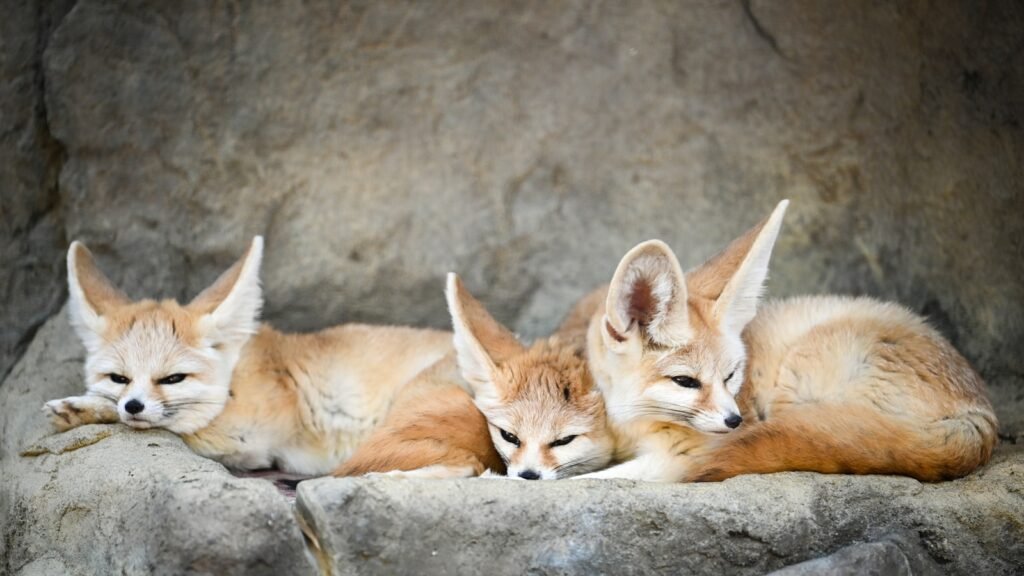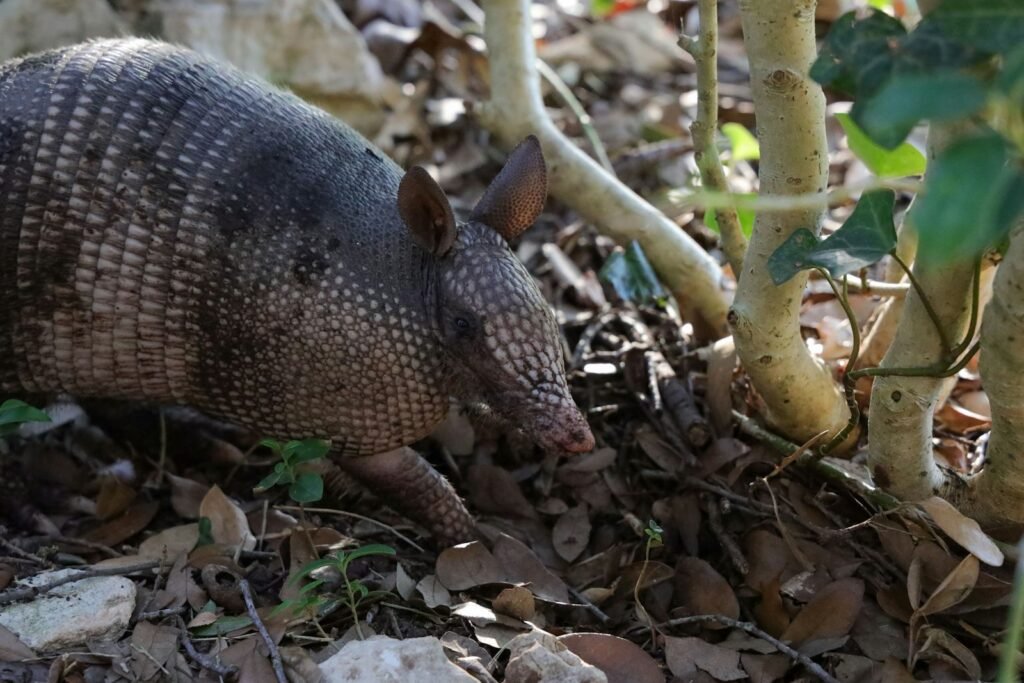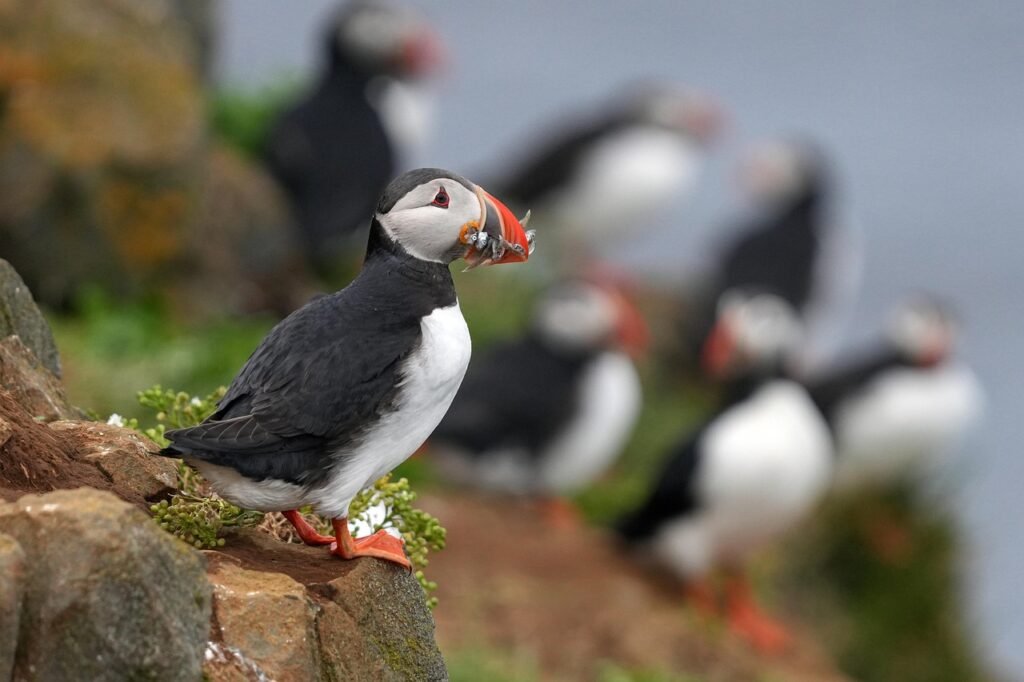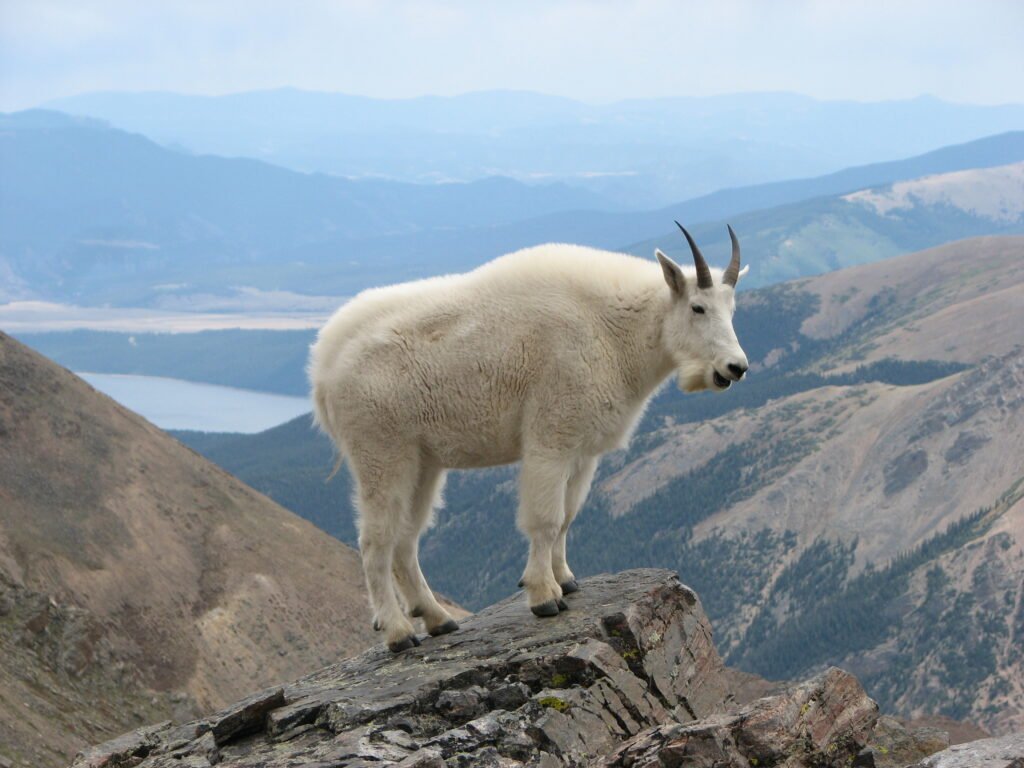The Science Behind Why Cats Always Land on Their Feet
There’s a moment – half gasp, half awe – when a cat slips and time seems to stretch. The animal tumbles, twists, and somehow touches down with a soft thud, eyes bright, dignity intact. For more than a century, that miracle has teased physicists and veterinarians alike: how does a cat flip in midair ...













